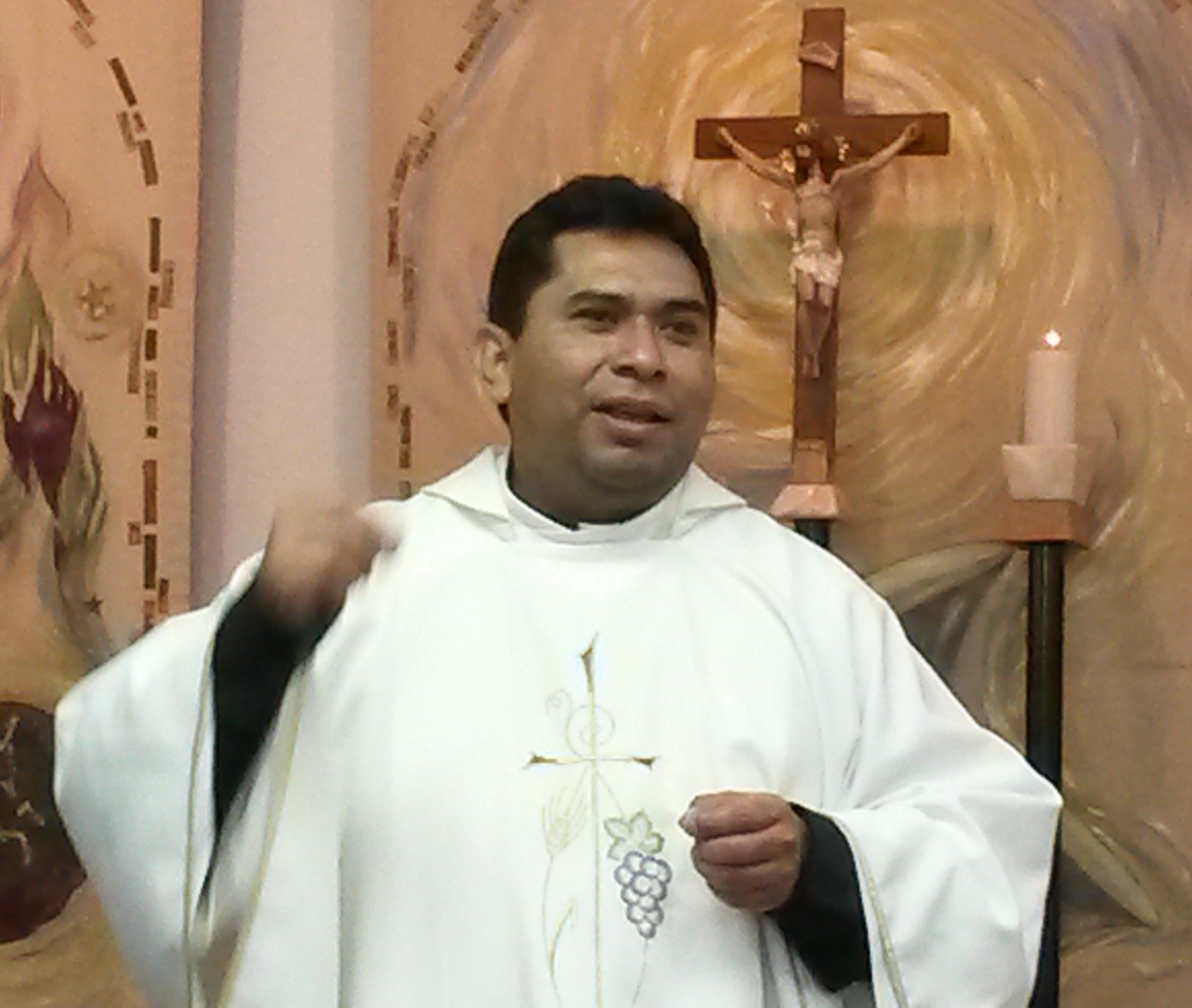 V SUNDAY OF LENT
V SUNDAY OF LENT
GOD FORGIVES US BY HIS MERCY
By our Pastor, Fr. Carmelo Jiménez
For my reflection just like last Sunday, I will put more emphasis on the Gospel, because it is the same theme: the Mercy of God. If we compare the Gospel from this Sunday with last Sunday’s Gospel, both are very similar because on the scene appear: a younger son –a woman caught in adultery-, an older son – the Pharisees-, and a father, who is a brother, a master -Jesus-. At the end of this episode forgiveness occurs and reveals to us the absolution of one’s sin that comes through the sacrament of confession or reconciliation. This Gospel episode is missing the party but we know the joy in heaven for one sinner who repents is great. We know that because so many biblical passages tell us.
The parable that we heard last Sunday in the Gospel, we might call the Parable of the Merciful Father. Today in the Gospel, Luke, is affirming two things: the tender mercy of Jesus embodied in indulgence and the hardness of heart of the Pharisees. I can say two adjectives of God: “God is indulgent (compassionate) and merciful,” and Jesus Christ reflects the way God works.
The prophet Isaiah in the Old Testament is the prophet of hope. Saint Luke meanwhile proclaims God’s mercy, forgiveness of our sins and God’s closeness to sinners. God’s forgiveness is made alive in Jesus Christ and in Him, the hope for those people of Israel who were living despised and marginalized. Sinners felt very close to Jesus but precisely this closeness and communion with them was a strong reason for the persecution against Him and that led Him to death.
“Then Jesus straightened up and said to her, ‘Woman, where are they? Has no one condemned you?’ She replied, ‘No one, sir.’ Then Jesus said, ‘Neither do I condemn you. Go, and from now on do not sin any more’” (Lk 8: 10-11). Mercy is above the law. What Christ did was not a breach of the law. Just like Jesus did not break the law when he was on the cross, he turned to the Father and asked Him to forgive those who had condemned him because they didn’t know what they were doing. He does not approve of the conduct of the woman, nor does he put himself on her side, no! Adultery is not the way to achieve happiness. Fidelity to the community of life and love in marriage, reflects the infinite faithfulness of the Three Divine Persons. God gave the commandments for men and women to be free, happy and living in communion. The tenderness within the three divine persons is reflected in the tenderness between men and women committed to the sacred bond of marriage. The sacred bond between men and women can’t be broken or suspended because it never ceases nor is suspended within the three divine persons. But in the Gospel, that woman had been a victim of her weakness. Jesus maintains the law’s principles but is merciful to those who transgress, if they are determined and express a willingness in the future to take another path, to restore lost communion, to make possible the fidelity that was broken. Jesus is obedient to His Father’s will and at the same time he is merciful with men. “Neither do I condemn you”, Jesus declared. Today as yesterday this liberating attitude of Jesus remains valid to us. A liberation that reaches the hearts of men and women.
Brothers and Sisters, reconciled with God in this special time of grace, as it is Lent. God’s mercy is shown to us by forgiving our sins, not approving our sins, but forgiving. So, I invite you to go to the sacrament of Reconciliation. God does not condemn the repentant sinner, but cleans us, and grants us a place in the community. Christ is the merciful face of God the Father, let us draw close to Him and He will wash our sins with his precious blood. Amen.